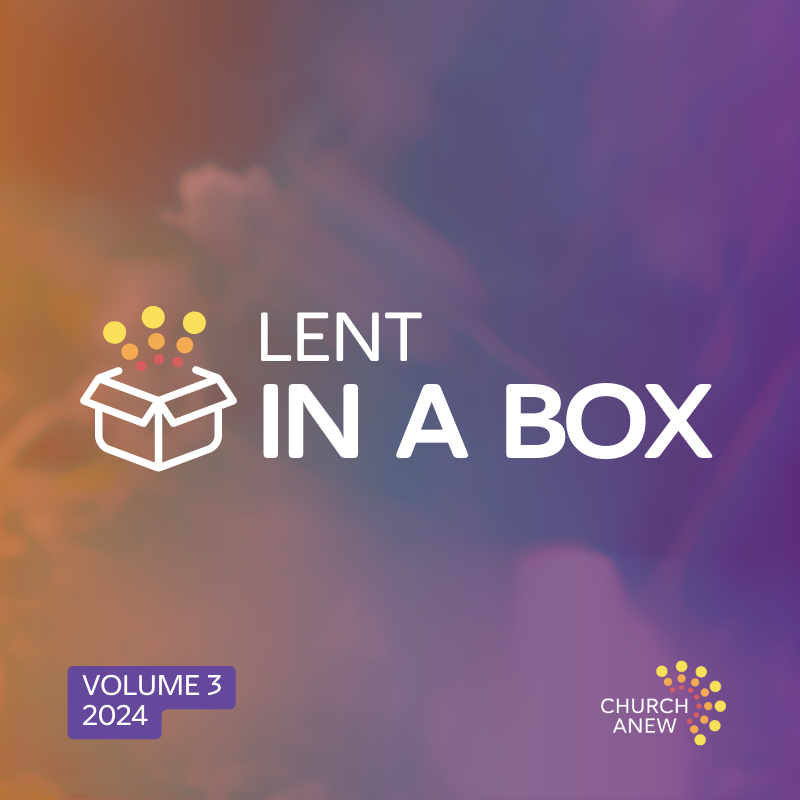Liminal Spaces
Photo by Viktor Talashuk on Unsplash
I was standing in a very long line at the grocery store when people behind me were discussing the governor shutting down the state. I immediately started “googling” things on my phone. It was March of 2020. I had just flown back from an ELCA Youth Gathering preparation meeting in San Antonio. Our team had met to continue preparations for the 2021 ELCA Youth Gathering scheduled for Minneapolis. Team members made up of pastors and other church leaders were getting word from their constituents back home in various places across the county that something was afoot and perhaps we needed to end the meeting early so these leaders could return home to lead in their ever-growing anxious spaces. I was planning extra days to visit my brother’s family but after watching the news, I only stayed a day as it was increasingly clear a mysterious disease might cause the airport to shut down preventing my return home. There were only a few of us at the airport when I left. It was eerie. Something had changed.
Theologians and practitioners have used the word “liminal space” or “liminal time” to describe these experiences. They are the point at which you become aware that a transition is about to occur. Liminal literally means, “threshold”. Think of walking through a doorway and going through/over a threshold. You are neither in one room nor the other; you are in-between. However you can see both, one behind and in front.
Liminal space also implies the transition is uncertain–whether physically, emotionally, or metaphorically. The difference between liminality and what some might call “fancy change management” is that we often don't know where we are. We can't really describe the ground on which we stand with any clarity. In the instance I described above with the early days of the pandemic, remember all those bold declarations made by leaders about how long we'd be closed for and when we were reopening? And then do you remember the point in time when they gave up doing that? It changed every day. You could make a statement and say, as of this point in time, we're going to do this and then realize we can't make a claim about that because I thought we were here, but we're not really here. Right? We don't know where we stand. How do we as leaders anticipate the barriers that stand in the way of us moving to that desired future?
Much of the world these days has become a liminal space. Susan Beaumont in her book, How to Lead When You Don’t Know Where You are Going, says entry into a liminal season begins with an ending, with the collapse of order. Something comes to an end: an identity, a program, a structure or a process. As you read this, perhaps you return to the feelings that come from liminality–it is disorienting, exhausting, very ambiguous, can’t-wrap-your-arms-around-it confusion which involves grief. Have any of you lamented about church attendance lately? Or wondered where all the young people have gone compared to 10, 20 or even 30 years ago?
Liminal times come in various forms: Liminal contexts–think about when we send young people to camp or on a mission trip, we are intentionally setting up a liminal experience for them. We also have liminal seasons that happen in congregations all the time. A pastoral transition is a great example of this. One body of people under the leadership of this particular pastor, when that pastor leaves, a congregation has to go through a difficult, but also exhilarating season of figuring out who they are without the leadership of that particular pastor before they're ready to attach to the leadership of a new pastor. We also know that there are liminal eras. Phyllis Tickle talks about this in her book, The Great Emergence, that historically the larger church “cleans house” every 500 years or so deciding what to keep and what to dispose of, making room for new things. Tickle believes that we are in one of those eras now, where the church’s institutional infrastructures actually begin to crumble and that's necessary for the rebirth of whatever the next chapter of the church is.
As Spirit pulls us into our new future undefined, liminal space, it has three parts: a separation or an ending, a liminal period of waiting, and then a reassimilation. I think of it like ziplining. You are harnessed up in something that will hold you on this line. You walk to the tallest part of a known structure. Then you need to let go. To the unknown. Can I even take this step? What if it doesn’t hold ME? But you just have to do it, let go, a total act of faith.
Oh yeah, faith. I can’t think of a Biblical story that doesn’t have a liminal season to it. Abraham and Sarah, Noah, Jonah, Esther–a person taken from an old identity and brought into a new identity. Jesus in the wilderness, Paul on the road to Damascus experiencing blindness where he is transformed. The question for us is…If we know this is how God has worked in Biblical time, that this is how we find God, why are we so resistant to pausing in this space and letting the transformation happen? Why are we so panicked to either move back to something that felt like the old normal or to rush ahead to what feels like something new? Have you heard people saying either? Let us pause in this liminal context, season, or era we find ourselves in (or perhaps all three) and recognize the comfort in the uncomfortable. Knowing God is creating something new, and we get to take part.


